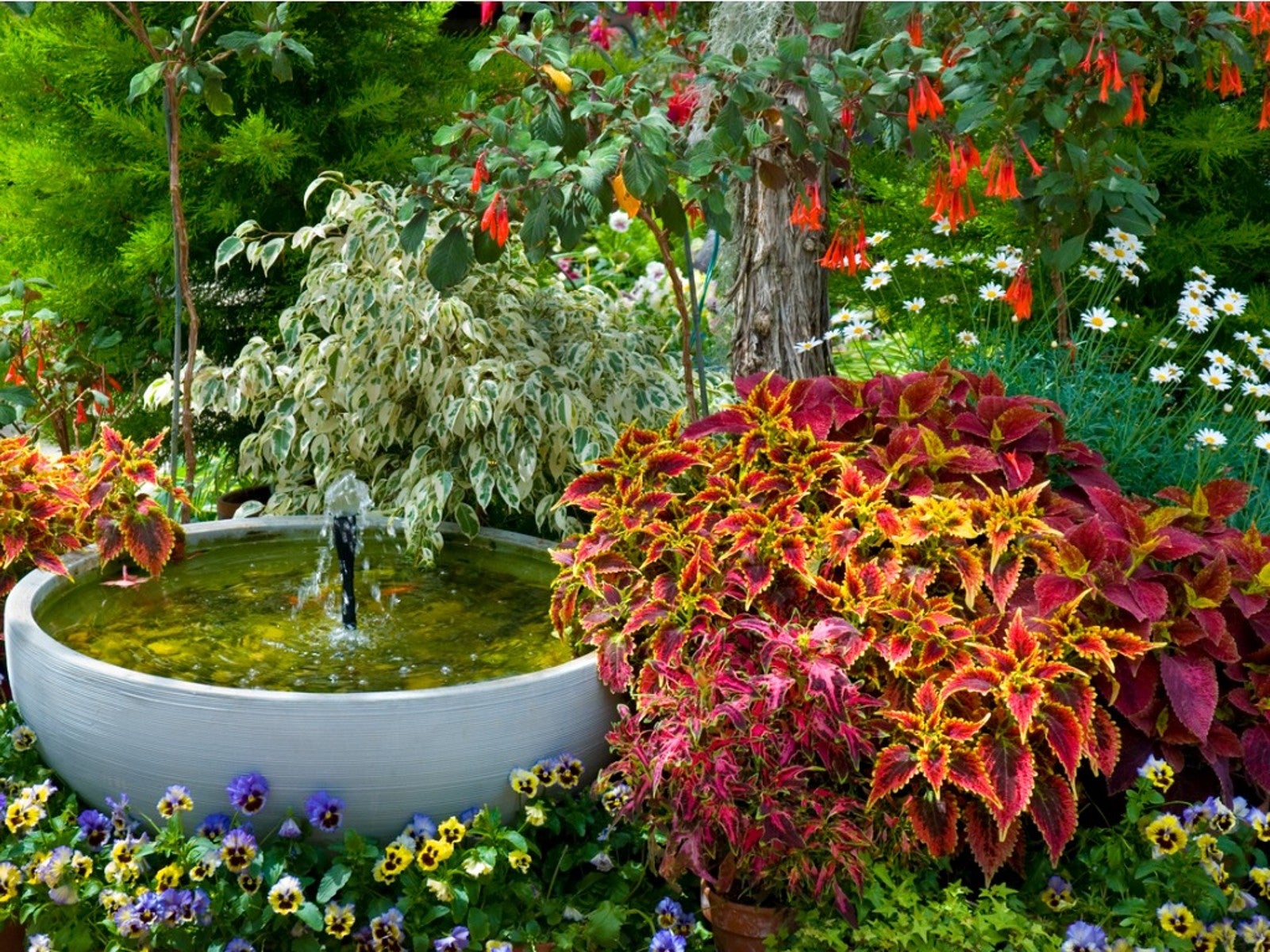10 Annuals That Thrive In Shade: Shade-Loving Annuals For Full And Part Shade


Just because a garden is shady doesn't mean it can't also be filled with colorful blooms. The addition of full shade annuals to the landscape can help growers to craft beautiful outdoor spaces. Below, we have outlined some of our favorite annuals for part shade flower beds.
Ten Shade Loving Annuals
1. Ageratum - Ageratum is a highly adaptable annual. Though it will grow in full sun, it can also be grown as an annual shade plant. Commonly referred to as flossflower, these full shade annuals produce a profusion of fuzzy flower clusters in shades of white, pink, red, and blue.
2. Begonia - Begonias are the most numerous species of annual flowers for shade. Tuberous begonias and wax begonias are among those which are most commonly found at garden centers. Several tropical varieties can also be grown as shade loving annuals. Though their blooms will vary, most begonias also offer attractive foliage.
3. Coleus - Coleus are quite popular annuals for part shade. While the plants do produce flower spikes during the summer, their showy foliage brings true ornamental appeal. Highly decorative leaf patterns are common, and range in color from true white, shades of yellow and green, to intense hues of purple and hot pink.
4. Flowering Tobacco - In terms of annual shade plants, nicotiana is often overlooked. Ornamental flowering tobacco plants produce clusters of small tubular blooms that are especially attractive to hummingbirds. In addition to their beauty, flower blooms are also quite fragrant.
5. Four O’Clocks - Often grown as an annual for full shade, four o’clock plants are easy to start from seed and grow quickly to produce colorful trumpet-shaped flowers. Before planting, it is important to note that this plant may become invasive in some regions.
More Annuals for Shade
6. Impatiens - Impatiens are among the most well-known shade loving plants. Low growing foliage produces large masses of petite blooms, making it ideal for use near walkways and as an attractive ground cover.
Sign up for the Gardening Know How newsletter today and receive a free copy of our e-book "How to Grow Delicious Tomatoes".
7. Lobelia - Many varieties of lobelia are highly suited for use in containers and in hanging baskets. This makes them ideal for use in porch plantings or flower beds near home entrances. Trailing varieties make for an exceptionally attractive edging plant, which come in shades of white, pink, and blue.
8. Love-in-a-Mist - Many annuals for shade thrive under cool temperatures. Love-in-a-mist begins blooming in late spring and will continue into summer when routinely deadheaded. After blooms fade, the production of interesting seed pods add further ornamental appeal.
9. Viola - Several species of viola tolerate shade well. While pansies may need more sun to perform their best, many woodland types will thrive with minimal light. Those growing in shady gardens should consider types which naturalize and spread, as yet another ground cover option.
10. Wishbone Flower - Wishbone flower is an easy to grow annual that is known to bloom throughout the entire growing season. This plant is an excellent option for those growing in regions with high humidity and warm summer temperatures.

Tonya Barnett has been gardening for 13 years. Flowers are her passion. She has transformed her backyard into a cut flower garden, which she regularly chronicles on her YouTube channel http://www.youtube.com/@tonyawiththeflowers.